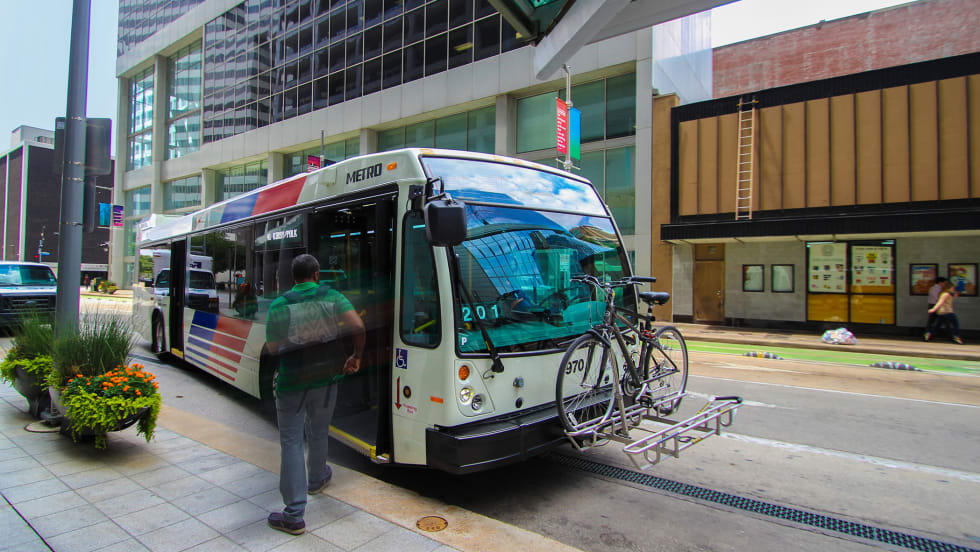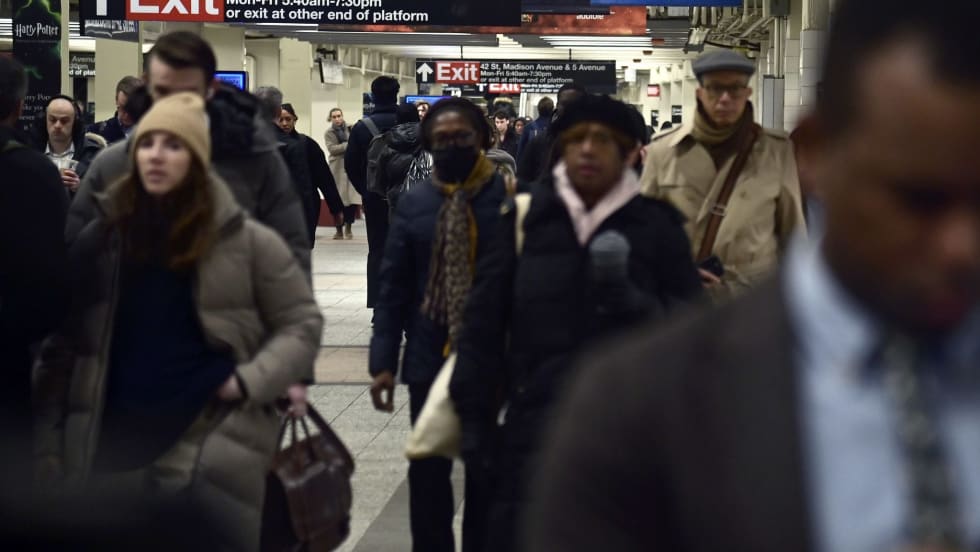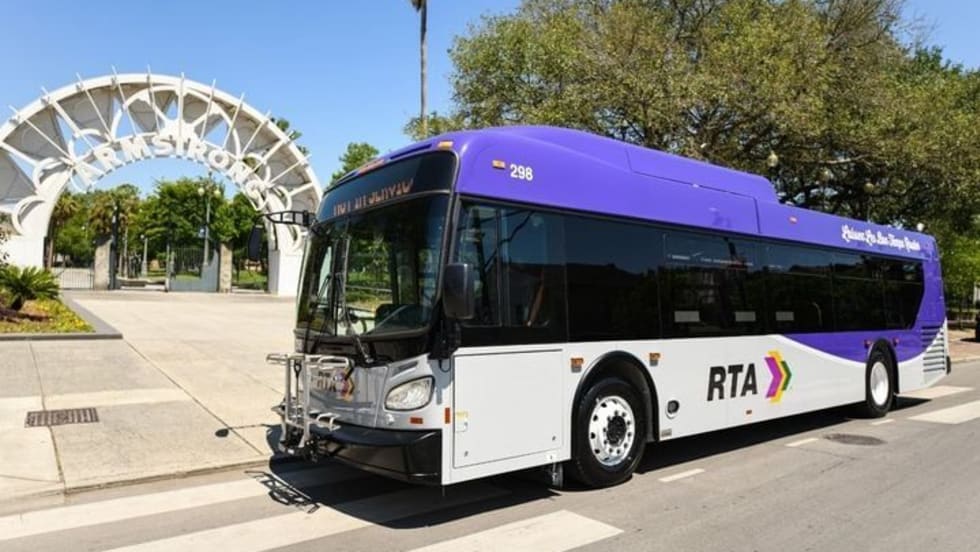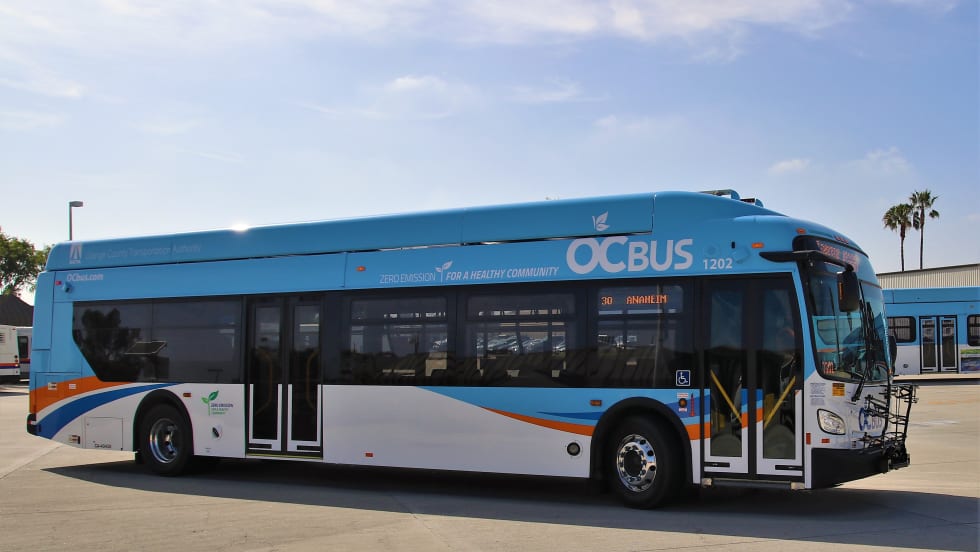The Washington Metropolitan Area Transit Authority (WMATA) board voted on potential service cuts, schedule changes, and other cost-cutting measures, including layoffs, that will be necessary to balance the budget if federal CARES Act funding runs out without new revenue. WMATA is required to have a balanced budget, essentially forcing the board to consider $200 million in spending cuts if federal relief ends.
The agency has estimated it will deplete its share of CARES funding by the end of the calendar year. The funding has been used to maintain essential public transit service in the region at a time when ridership and revenue has dropped as much as 90% on some lines.
Last week, the board authorized a return to front-door boarding and fare collection on Metrobus starting in January, and affirmed the new extension of the Silver Line would not open during the current budget year — meaning July 2021 is the earliest possible opening date once the Airports Authority completes construction.
"CARES Act funding has replaced fare revenue. If that funding isn't there after December, Metro will need to implement measures that hurt the region's economic recovery and adversely impact essential workers," said GM/CEO Paul J. Wiedefeld.
Fare revenue from Metrorail trips typically accounts for about 28% of WMATA’s total operating budget. Weekday Metrorail ridership is currently at approximately 12% of pre-pandemic levels and is not expected to return to levels anywhere close to normal until a safe, effective vaccine is widely available, leaving the agency's board with difficult financial decisions.
While WMATA is delaying capital projects that are not safety related, cutting back contractors, and freezing vacancies, covering a $200 million budget shortfall is not possible without service cuts and corresponding layoffs.
"Metro is what drives the region's economy and moves our federal workforce. Cutting service, shortening operating hours, laying off and furloughing workers — these all run counter to the strong recovery that everyone wants," Wiedefeld said. "I want to thank board members for their approach to this extraordinary challenge, as they have advanced proposals that protect critically needed bus and rail services, transit dependent customers, and essential workers to the greatest extent possible."













